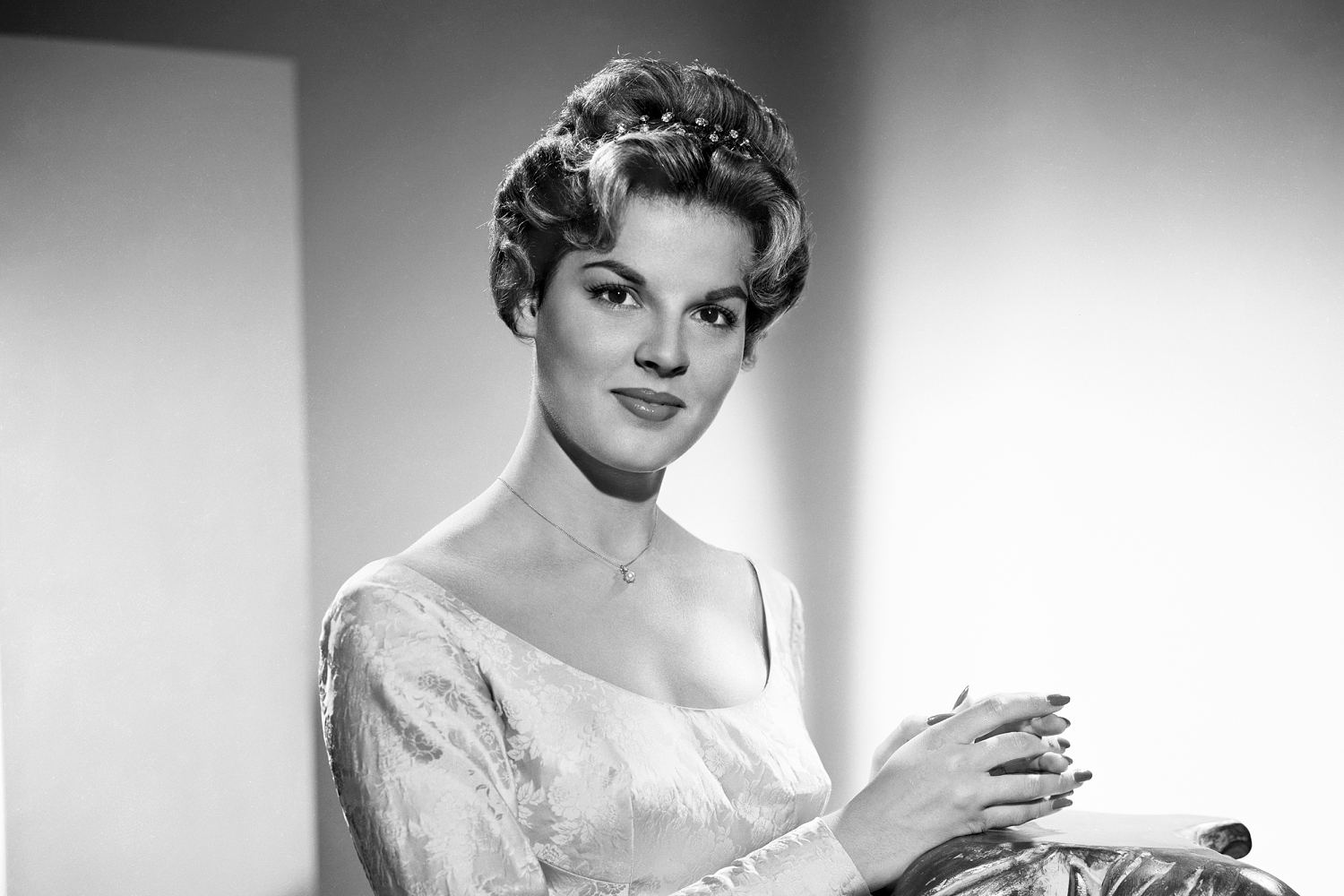Moo Deng. It’s a name millions around the world have come to know. She’s the most obsessed-over, least controversial celebrity. Her dewy skin, her enviable lifestyle of frolicking and feasting, her eminently meme-able face have all made her an icon of the internet. She’s also … a hippopotamus.
Cute creatures going viral is nothing new. Seven years ago, the Cincinnati Zoo wanted TIME to name Fiona the hippo Person—er, Animal?—of the Year.
But 2024 seems to be on a different level of feral fascination.
The plump pygmy hippo from Thailand—who was born in July and whose name translates approximately to “bouncy pork”—rose to fame perhaps when she was needed most. “Observing animals, whether online or in person, can be therapeutic in many ways,” University of Washington psychology professor emeritus David Barash tells TIME. They can provide a comforting distraction, he says, “when so many people are depressed by the state of the world.”
And distract Moo Deng did.
What started as simply a new subject of photos and videos posted on Khao Kheow Open Zoo’s social media platforms quickly snowballed into the world’s latest It girl. Social media users obsessed over every new documentation of her teething and tumbling and infantile antics, and the followers of the zoo’s TikTok, Facebook, X, and Instagram accounts skyrocketed.
Moo Deng inspired fan art, merchandise, even makeup trends. Foot traffic to the zoo hit record highs, prompting new measures to protect Moo Deng’s safety and limitations on visiting hours. (A 24/7 livestream was set up for her most dedicated fans to get round-the-clock access.)
Jin Lee, a media sociologist at Curtin University in Australia, thinks Moo Deng initially resonated so widely because her relationship with her caretaker seemed genuine rather than staged or manufactured for clicks. “He spent a lot of time with her, and then he just started to post things about her,” says Lee, and people crave such authenticity.
Moo Deng’s reach has since extended far and wide: She made her way into photoshops of movie scenes, became the U.S. Labor Department’s poster girl for staying hydrated, and in September was even parodied on Saturday Night Live. In November, GMM, one of Thailand’s largest music companies, produced an upbeat theme song for Moo Deng in four different languages—Thai, Chinese, Japanese, and English—that have collectively racked up hundreds of thousands of streams on YouTube.
Tony Sampson, a digital-media researcher at the University of Essex, tells TIME he defines digital virality as “affective contagion.” In other words, posts that make you feel something tend to spread better than purely informational posts. “Negative emotions like anger and frustration spread well too,” he adds. “But maybe people need to escape that sometimes.”
“I think this year might be slightly different given that there’s been a lot of depressing news,” Sampson says. “Certainly, on my networks, where there’s been an understandable increase in downbeat posts related to the depressing political situation and the wars, my most popular post was of a small bird peeping through my window.”
It’s no wonder, then, that Moo Deng was not alone this year in attracting the world’s attention. A cohort of adorable animals have joined her in the online spotlight—from Pesto the very large penguin to Nibi the “diva” beaver to Biscuits the seal, Hua Hua the giant panda, and even Haggis, a fellow baby pygmy hippo who was born in Scotland in October. The list goes on, but one thing these social media sensations appear to have in common is that people seem to like to ascribe humanlike traits and emotions to them.
Austrian ethologist Konrad Lorenz coined the concept of Kindchenschema, or baby schema, to describe humans’ affinity to facial and bodily features that make a creature appear cute—big eyes, protruding cheeks, an awkward gait—and that trigger a desire to care for and protect them. The most popular Moo Deng posts often center around likening her to a toddler, from finding her footing to calling for her mom to throwing tantrums. One post even made out that she carried a leaf around on her snout for emotional support.
Anthropomorphism can sometimes misread what animals are actually going through, Barash warns. But the fact that much of Moo Deng’s appeal seems to stem from her perceived relatability isn’t necessarily a bad thing, he suggests—and it isn’t always off base. “Fortunately,” he says, “animal behaviorists are increasingly comfortable recognizing the obvious: that many animals share a wide range of mental states with human beings.”
Maybe we could all do with our own emotional-support leaf. Or maybe Moo Deng is already just that.
.png)
 2 weeks ago
18
2 weeks ago
18


































 Bengali (BD) ·
Bengali (BD) ·  English (US) ·
English (US) ·